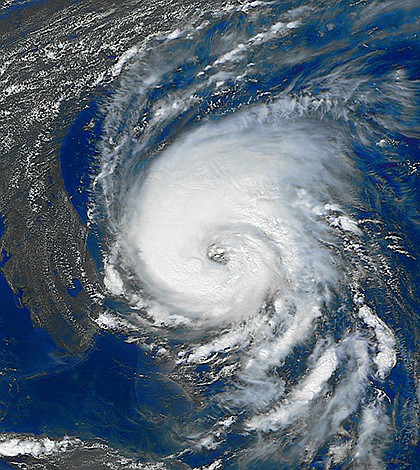- April 19, 2024
-
-
Loading

Loading

The 2014 Atlantic hurricane season could see between eight and 13 named storms, of which three to six could become hurricanes, including one to two major hurricanes.
That’s according to forecasters from the National Oceanic and Atmospheric Association. The hurricane season runs from June through November.
“Although predictions call for a below average-to-average season, Floridians are reminded that it only takes one storm to impact a community,” Florida Division of Emergency Management officials said in a statement. “If you already have a family and business disaster plan and supply kit, now is the time to review, recycle and restock for the 2014 hurricane season.”
Gov. Rick Scott recently signed a bill that creates a nine-day sales tax holiday for hurricane supplies, which began May 31. Floridians are also able to purchase items such as flashlights, batteries, weather radios and other essential items as they prepare for the hurricane season.
Emergency supply kits should include:
• Water: at least one gallon per person, per day for a minimum of three days.
• Healthy foods like canned vegetables, fruits and nuts. Store at least a three-day supply of foods that require no refrigeration, preparation or cooking, and little or no water.
• Prescription medications and required equipment/supplies like syringes, coolants, alcohol wipes, etc.
• First-aid kit.
• Glasses, hearing aids and medical devices with extra batteries.
• Food and medical supplies for pets.
Officials also urge residents to talk with their health-care provider and pharmacist about receiving emergency medication supplies. Under a federally declared emergency, residents can get an extra 30-day supply with no price increase, even for recently filled prescriptions.
People who require daily medical assistance such as routine nursing care, help with medication, oxygen therapy or electricity for life-supporting medical equipment are asked to pre-register for a special needs shelter. Residents can contact their local emergency management office to learn more about the shelters and to pre-register.
Tips for those who are creating their first disaster plan and supply kit are found at floridadisaster.org.